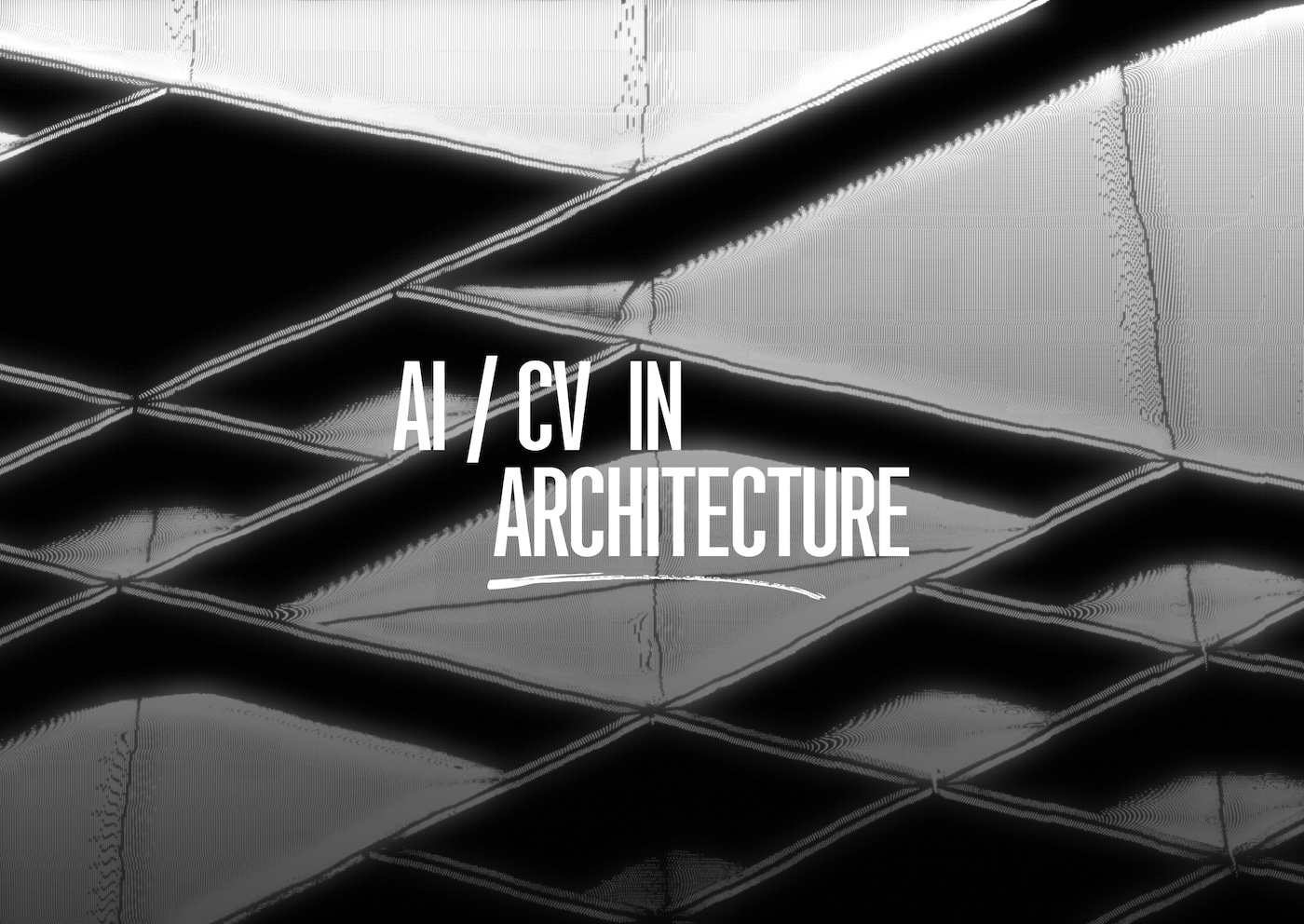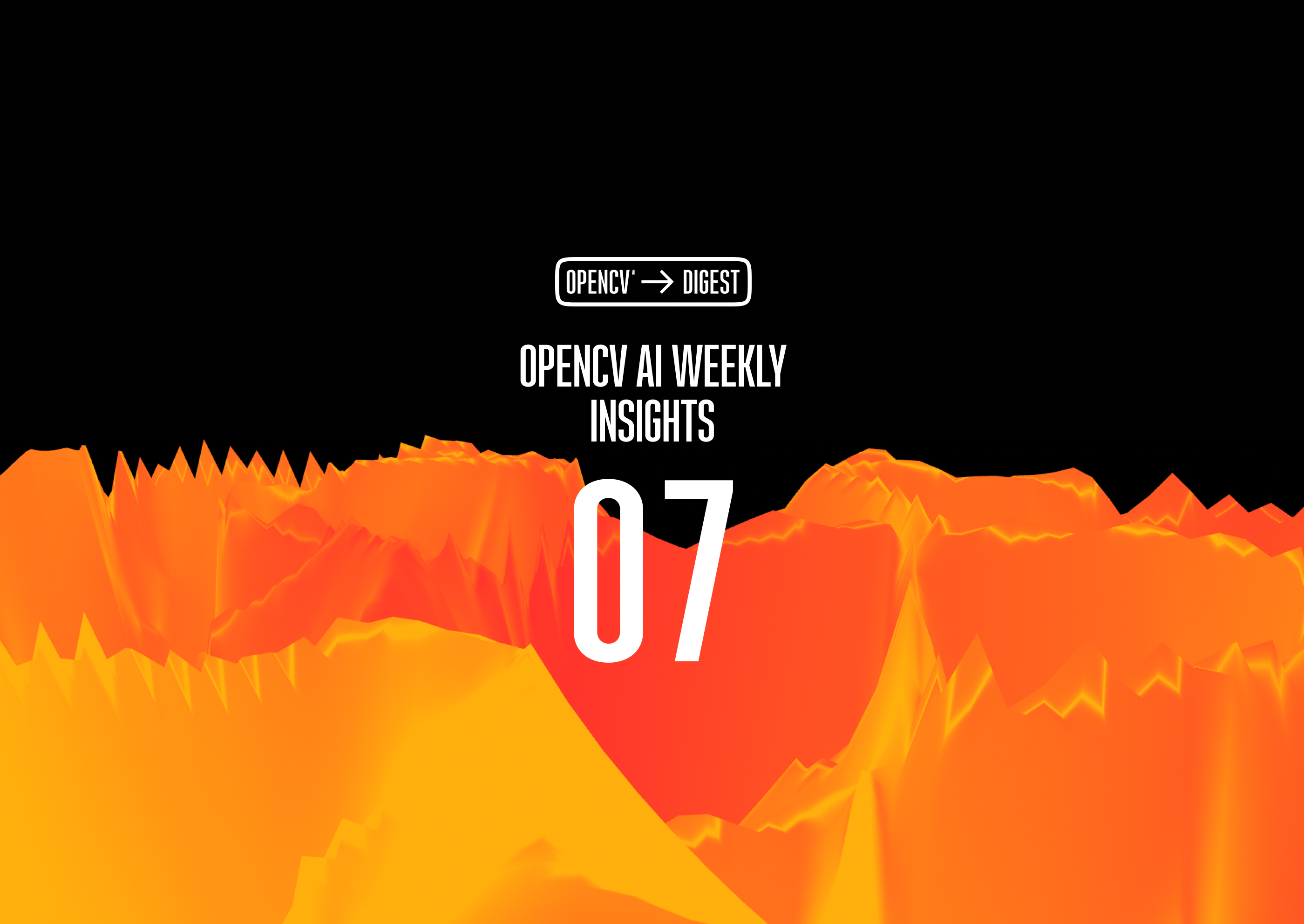

We strive to keep you up to date with the latest advancements and news in the field of Artificial Intelligence. Whether you're deeply steeped in the topic of artificial intelligence or just beginning your journey, our review is designed to inform and motivate you 🚀.
Are you ready to navigate this week's discoveries in the field of AI? Experience the world of AI to find out what innovations are changing the landscape of AI!

Meta's ambitious effort to bridge the gap between fans and celebrities with artificial intelligence avatars has been met with skepticism and caution. The tech giant's proposal, presented at Connect 2023, was to introduce chatbots mirroring celebrities on platforms such as WhatsApp, Messenger and Instagram.
Noteworthy Points:
• AI avatars, although similar to the celebrities they are based on, operate under different names. For example, Kendall Jenner is portrayed as "Billy" and Charli D'Amelio as "Coco" leading to confusion among their subscribers.
• Reactions on social media have been largely negative, with Kendall Jenner's fans expressing concerns, often questioning the authenticity and purpose of these AI personas.
• Deepfakes have further complicated the situation as fans struggle to distinguish between real content and artificially created content.
• Questions arise regarding celebrity endorsement of this AI initiative, with reports suggesting Meta paid celebrities up to $5 million for a mere six hours of work.
• The deviation of avatars from celebrities' real names and possible controversies can have legal implications. For example, the avatar "Coco" reportedly spoke negatively about brands associated with Charli D'Amelio.
This innovation raises a lot of ethical questions, so we'll be watching. Would you follow AI avatars of real-life celebrities?
Read More: The Decoder

Google is taking its search service to new levels with the integration of generative artificial intelligence capabilities. These enhancements, designed to encourage creativity and optimize task performance, reflect Google's commitment to using artificial intelligence to benefit users.
Have you ever struggled to find the perfect image or visualize a unique idea? Google Search now offers a solution to this problem. Now users can query specific images. For example, if you type "draw a capybara in a chef's hat making breakfast," you can get up to four images generated by artificial intelligence. The user can refine the image description so that the final product matches their intent.
All images created by artificial intelligence will be provided with metadata and embedded watermarks to confirm the origin of the artificial intelligence.
Not limited to images, Google Search will also help with written content. Users researching specific topics can ask the SGE for help with writing, refining the length and tone of the text as needed.
Read More: Google Blog

An international team of researchers has presented the Polymathic AI project. This ambitious project aims to utilize the power of artificial intelligence. It relies on a variety of scientific data and simulations in order to revolutionize the way AI approaches scientific research.
Polymathic AI aims to accelerate the creation of universal foundation models designed for scientific machine learning. While foundation models have primarily been used for image and language processing, Polymathic AI aims to extend these benefits to scientific machine learning.
The challenge is to create AI models that can interpret information from different datasets from different scientific domains. Unlike conventional domains where standard textual representations exist, scientific data often lacks such uniformity. Polymathic AI interprets numbers as real numerical values, not just symbols. AI learns from genuine scientific data that encapsulates the physics of the cosmos. This approach allows AI to comprehend and model phenomena ranging from giant stars to complex climate systems.
Read More: The Decoder Blog

OpenAI has seen an impressive financial upturn, with annual revenue of $1.3 billion, according to its CEO Sam Altman. He said the ChatGPT creator's monthly revenue reaches $100 million. This impressive growth is 30 percent higher than previous projections this year that OpenAI's annual revenue was expected to cross the $1 billion threshold.
In contrast to this year, OpenAI's revenue last year was a relatively modest $28 million. This rapid financial trajectory underscores the immense popularity and success of their conversational chatbot ChatGPT.
The subscription service for ChatGPT, priced at $19.99 monthly, offers subscribers a variety of perks, such as faster response times, priority access during high-demand intervals, and early access to novel features.
Read More: The Information Article
Catch you in our upcoming digest! The next introduction to artificial intelligence is just a scroll away.
